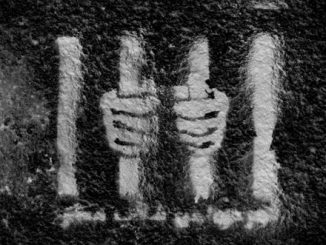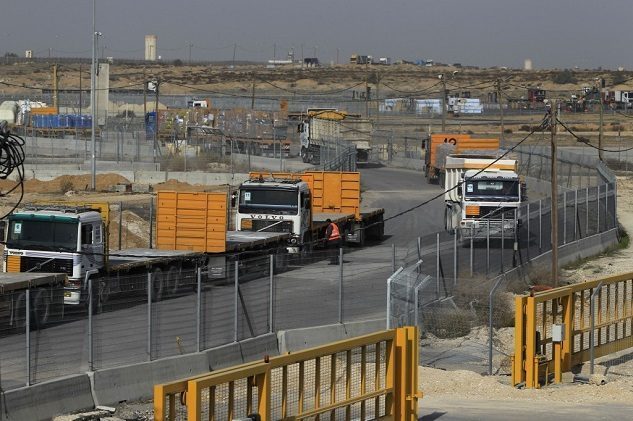
The Palestinian prisoners Mohamed and Mahmoud al-Balboul who have been on hunger strike for more than two months rejected the Israeli Supreme court’s order to suspend their hunger strike.
Lawyer of the Palestinian Committee of Prisoners Affairs Iyed Misek pointed out that the court order will allow Israeli authorities to re-arrest the brothers once their health conditions improve, According to the Palestinian media.
The court’s order did not put an end to their administrative detention, he clarified, adding that the Supreme Court was in part responsible for the deteriorating health of the hunger strikers.
Misk stressed the two brothers’ determination to continue their hunger strike until their unconditional release. Brothers Mahmoud and Mohamed al-Balboul began their hunger strikes on July 4 and 7 respectively.
A galaxy of Palestinian dentists in Jenin city organized on Thursday night a sit-in in solidarity with hunger-striking prisoner Mohamed al-Balboul and all detainees in Israeli jails. In press remarks during the vigil, head of the dentists’ union in Jenin Nahed Obaidi described the hunger strike of prisoner Balboul for 67 days as a serious indication of Israel’s disregard for the prisoners’ fate. Obaidi stressed that “the medical sector in Palestine stands wholeheartedly by the Palestinian prisoners and demands an end to their suffering.” He also called for active moves at home and abroad to support the Palestinian prisoners and their rights in Israeli jails.
The brothers were detained on June 9 and sentenced to administrative detention shortly before their younger sister Nuran, 16, was released after spending four months in Israeli prison.
The hunger strikers have experienced deteriorating health, as both brothers were rushed to the intensive care unit of two Israeli hospitals within a few days of each other as their health conditions took a turn for the worse.
Israel’s policy of administrative detention, which allows Israel to detain someone without trial or charge, is almost exclusively used against Palestinians and has been widely criticized by rights groups which have accused Israel of using the policy to erode Palestinian political and social life by detaining scores of Palestinians without proof of wrongdoing.



